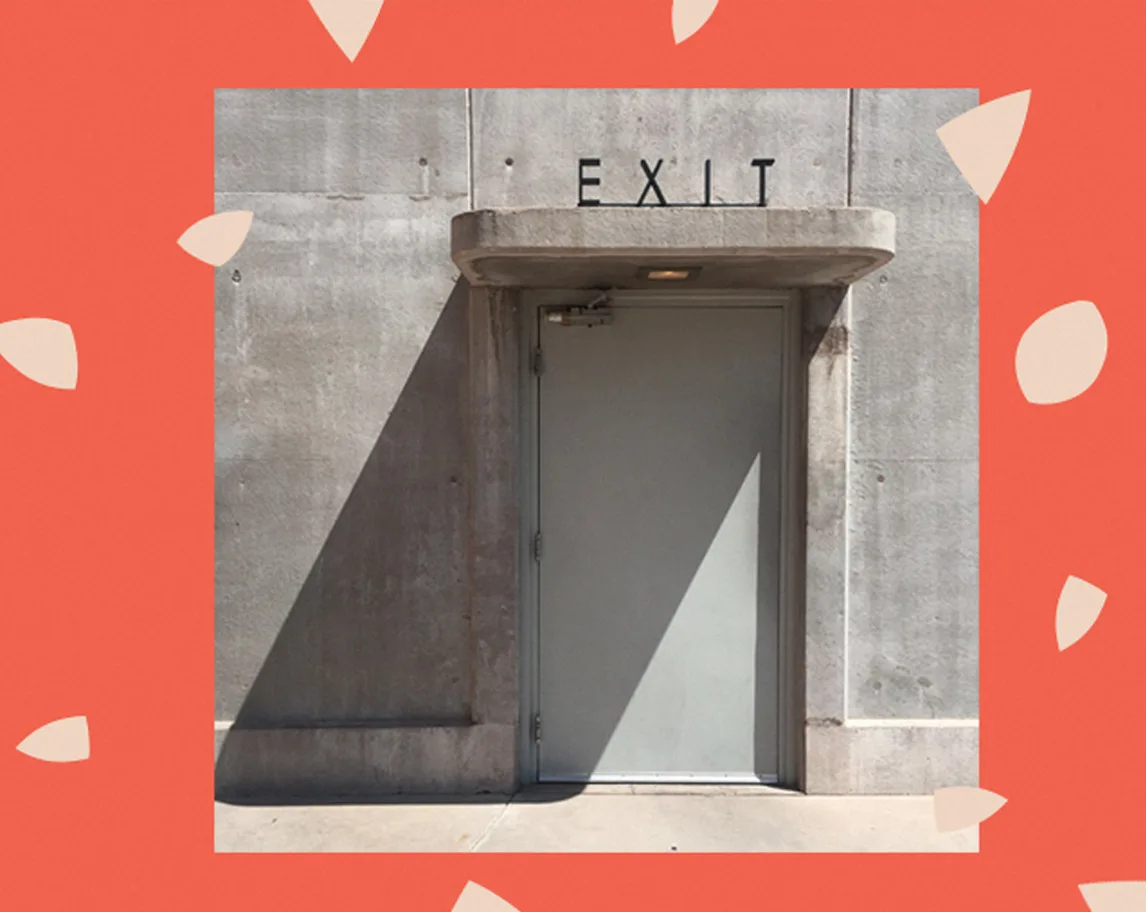Why don’t we talk about death?
While I thought that I was learning how to live, I have been learning how to die. ~ Leonardo Da Vinci
In the wake of the Black Death, priests—the cultural guarantors of salvation through the administration of last rites—became a scarce commodity. Without enough priests to attend to the dying, the newly minted printing press offered a contemporary solution for salvation, allowing pamphlets containing prayers and penances to be easily producible and distributable. It was during this time of 15th century innovation and scarcity that the Latin texts known as Ars Moriandi began circulating European households. Ars Moriandi - literally “The Art of Dying,” offered advice on how to die well according to the Christian ideals of the time. Most cultures have in some way, shape or form crafted their own ‘guide’ to dying well. With the advent of social media and palliative care, perhaps our own Western culture is redefining what it means to die well. Traditionally, Western culture keeps death at a nice, safe distance. A process left to hospitals and funeral parlors and not for everyday conversation. Perhaps, we do ourselves a disservice in keeping death so distant. In his book Being Mortal, surgeon Atul Gawande writes, “Our reluctance to honestly examine the experience of aging and dying has increased the harm we inflict on people and denied them the basic comforts they most need.” Our language, in particular when speaking about the “C-word,” illustrates our discomfort with death and dying. People “battle cancer,” “lose their fight” with cancer (as if it was a proper match to begin with), and are dubbed “survivors” if they achieve remission. So death and dying are seen as failings of our bodies and technology. But what if we could change this narrative to show that acknowledging the inevitable end is just as heroic, and giving us permission to say “If I can live well, then I can die well.” Indeed, more and more high-profile people have chosen to artfully display what it meant to them to be dying, an effort that is opening up a new conversation about death and may just change our narrative altogether.
Oliver Sacks, renowned neurologist, enveloped his end with literature. His essays written over the last two years of his life culminated in one volume simply titled, Gratitude. In it, he explores the paradox of finding presence through detachment: “This is not indifference but detachment—I still care deeply about the Middle East, about global warming, about growing inequality, but these are no longer my business; they belong to the future... I cannot pretend I am without fear. But my predominant feeling is one of gratitude.” Although David Bowie did not disclose his cancer to the public, he must have also felt enough gratitude to leave his fans a parting gift. In fact, his producer Tony Visconti wrote of his last album, Blackstar, “His death was no different from his life - a work of Art.” So maybe this is why open and honest conversations about dying and death are important—in a way, they teach us how to live.
There is a theory in psychology called the terror-management theory. In a nutshell, it means that when we’re faced with the idea of death, people defensively turn to things they believe will shield them from death, literal or otherwise. Thinking about death also motivates people to indiscriminately uphold and defend their cultural worldviews, whatever those may be. An interesting 2010 study found that people who were naturally more mindful were less defensive of their worldviews after being reminded of death, suggesting that “mindfulness reduces defensive responses to existential threat.” Basically, the more mindful we are of our own death, the less fear and anxiety it will give us. Mindfulness doesn’t have to be enacted when we’re sick or elderly; it is a skill that can be cultivated when we are young and healthy. In 1969, Elizabeth Kübler-Ross (you may remember her from the stages of grief) wrote: “If all of us would make an all-out effort to contemplate our own death, to deal with our anxieties surrounding the concept of our death... perhaps there could be less destructiveness around us.” The science of dying is being redefined. The art of dying may also be changing in our culture, where we can learn to live well not in spite of death but because of it. With a new narrative that demystifies death, we see that the end-of-life dignity sought out in hospices and hospitals may in fact lie in a life well-lived. As Sherwin Nuland expertly wrote, “Ars moriendi as ars vivendi: The art of dying is the art of living. The honesty and grace of the years of life that are ending is the real measure of how we die. It is not in the last weeks or days that we compose the message that will be remembered, but in all the decades that preceded them.”

The honesty and grace of the years of life that are ending is the real measure of how we die.
Dr. Claudia Aguirre


Be kind to your mind
- Access the full library of 500+ meditations on everything from stress, to resilience, to compassion
- Put your mind to bed with sleep sounds, music, and wind-down exercises
- Make mindfulness a part of your daily routine with tension-releasing workouts, relaxing yoga, Focus music playlists, and more
Meditation and mindfulness for any mind, any mood, any goal
- © 2024 Headspace Inc.
- Terms & conditions
- Privacy policy
- Consumer Health Data
- Your privacy choices
- CA Privacy Notice
